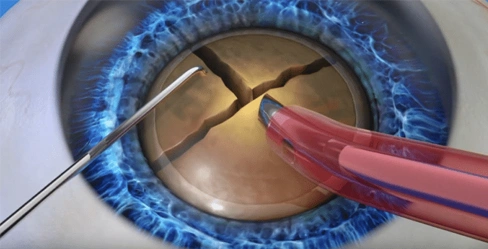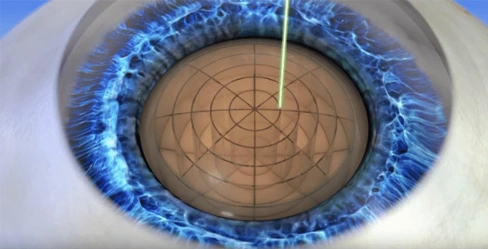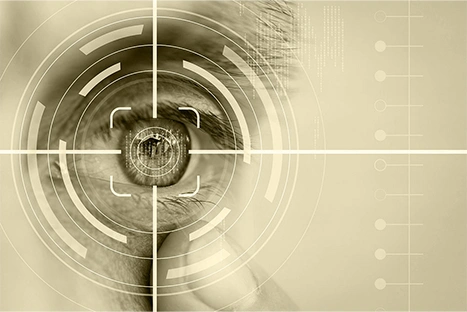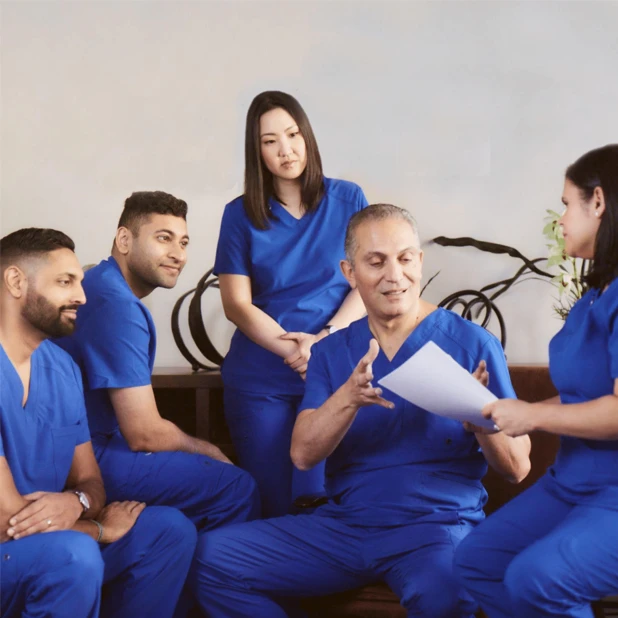Cataract surgery, which removes a clouded lens from the eye and replaces it with an artificial one, is a frequent treatment done on millions of individuals each year. Although conventional cataract surgery is successful, technological advances have resulted in the creation of femtosecond laser-assisted cataract surgery (FLACS), which has significant advantages over traditional surgery. We will explore what laser-assisted cataract surgery is, how it works, the advantages, dangers, and recuperation process in
this post.
How is Laser-Assisted Cataract Surgery Different from Traditional Cataract Surgery?
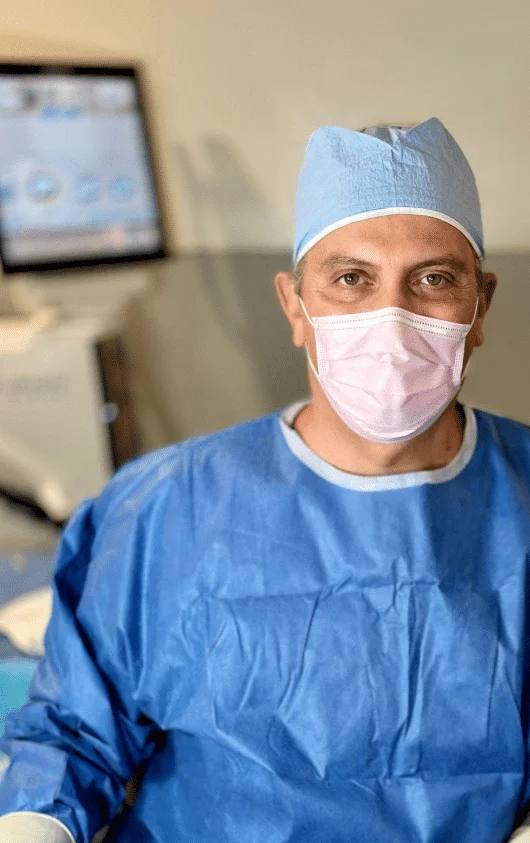
During conventional cataract surgery, the physician makes an incision in the cornea using a handheld device, and removes the cataract using an ultrasound probe that has a jackhammer-like action that breaks down the lens. Then the surgeon replaces it with an artificial lens. A femtosecond laser is used to help in the removal of the cataract from the eye during laser-assisted cataract surgery. A laser is used to make a precise incision in the cornea, break up the cataract, and help suction it out of the eye during FLACS. The laser tends to be more gentle on the eye allowing for faster recovery and a lower incidence of adverse outcomes.



